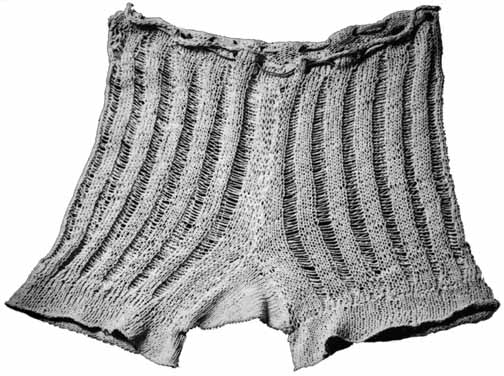When it comes to the environment, we are constantly being told that we all have a part to play, that every little change we make, no matter how small, adds up and will help us avoid a flaming, flooded, hurricane swept, ice-cap melting Armageddon at the hands of global warming. So where does this leave translators? Is there such a thing as an environmentally friendly translator? Is it even necessary for translation to go green? If you think about it, it’s hard to imagine how we could be playing a large part in the extinction of life as we know it. We don’t appear to be using up lots of resources: computer, light and heat for translators are all reasonably minimal. Those among us who are freelancers don’t have to commute so pollution from cars isn’t much of an issue either and because most of us work directly on our computers there’s not much printing being done. So if we are all supposed to play our part in helping the environment what can we do?

The eco-friendly solution to personal transportation
Well according to the New Scientist (“Is the net hurting the environment?”) the Internet has a carbon footprint roughly equal to that of the airline industry, accounting for around 2% of global CO2 output. Apparently it takes an estimated 152 billion kilowatt-hours just to run the data centres that run the Internet. According to Google the electricity needed to power one single Internet search generates 200 mg of CO2. The New Scientist article admits that this may not sound much but 1000 searches produces the same CO2 emissions as an average car traveling 1 km.
So given that, as I mentioned previously, translators have become so dependent on the Internet not only as a way of researching translations but also as a way of finding work and communicating with colleagues and customers, I imagine that it’s safe to say that we are easily at the mid to upper end of the scale of hardcore Internet users and are contributing quite a bit towards the Internet’s emissions. And you thought that searching for terminology was harmless?

Build your own house (some assembly required)
There have been various initiatives aimed at reducing the environmental harm done by computers such as the RoHS directive and the black version of Google – imaginatively called “Blackle” (www.blackle.com) – which claims to reduce users’ energy usage because it takes less energy to display the colour black on a computer screen. Other companies like IBM have developed new hardware and software monitoring technologies to minimise the amount of energy used in data centres but is there anything translators can do? Probably not but it’s worth remembering this next time we click on that “Google Search” button. Of course we could reject our toxic, environment-killing lifestyle and addiction to “mod-cons” and go live in a hut made from recycled guano and knit our own muesli but to be honest I don’t much fancy dumping such creature comforts as light, heat, the Internet, my car, clean clothes and non-scratchy underpants.
An alternative would be for translators to sign up for some form of carbon offsetting scheme. The Carbon Trust in England describes offsetting as a scheme which “allows organisations to indirectly reduce their carbon footprint through the purchase of carbon credits associated with emissions reduction projects (such as energy efficiency and renewable power) that have occurred elsewhere”. I looked at the CO2 Balance website and discovered that to offset the 1.72 tonnes of CO2 my car produces each year I can spend £15.50 on energy-efficient wood stoves for villagers in Kenya, donate £12.92 towards an 8 Megawatt hydroelectric power station in China or fork out £20.66 to plant trees in a forest in Brittany. I’ve no idea how much I’d need to spend to offset my Google habit but it’s probably better to give something than nothing at all even though I’d prefer to see my money go towards reducing exhaust emissions from farmyard animals. I wonder if carbon neutral translation will be the next big selling point for translators much in the same way as Trados certification (supposedly).

Can scratchy, organic, knitted underpants really save us all?
Related Articles:
- Are translators too reliant on the Internet?
- Translation and the Internet: Changing the Face of an Industry
 JodyByrne.com
JodyByrne.com